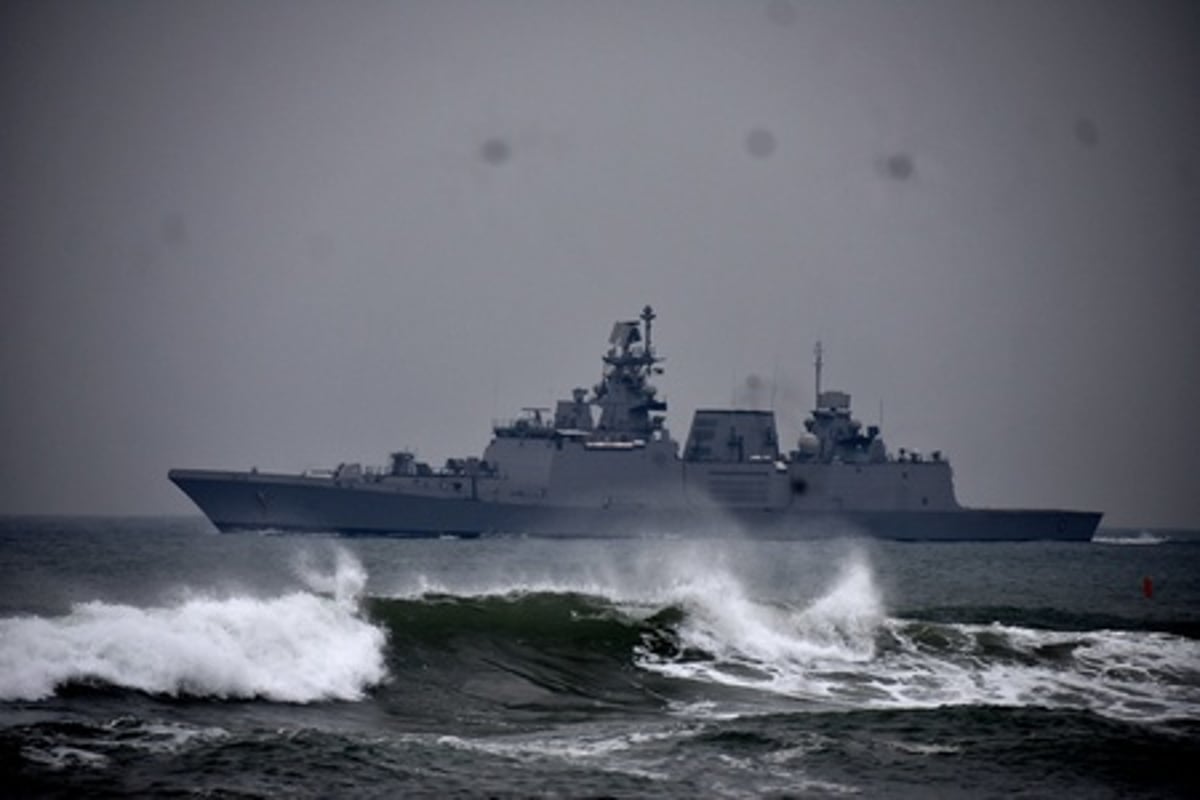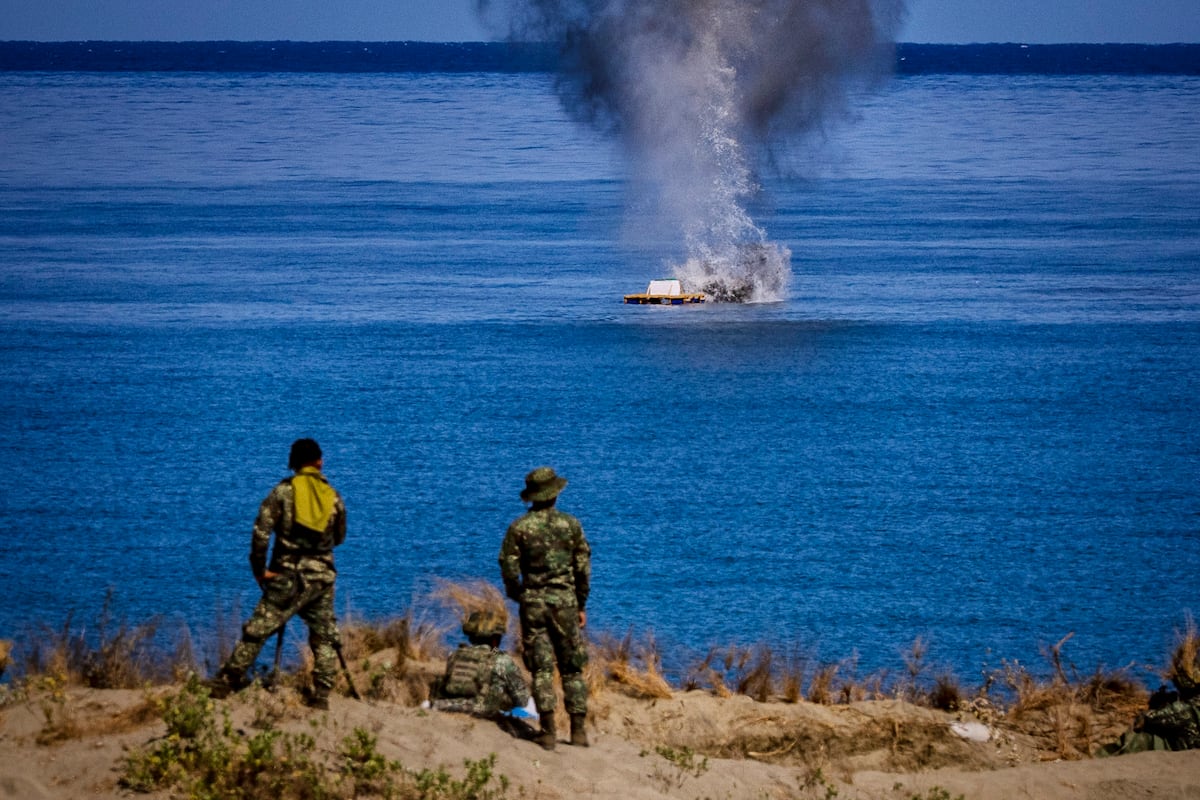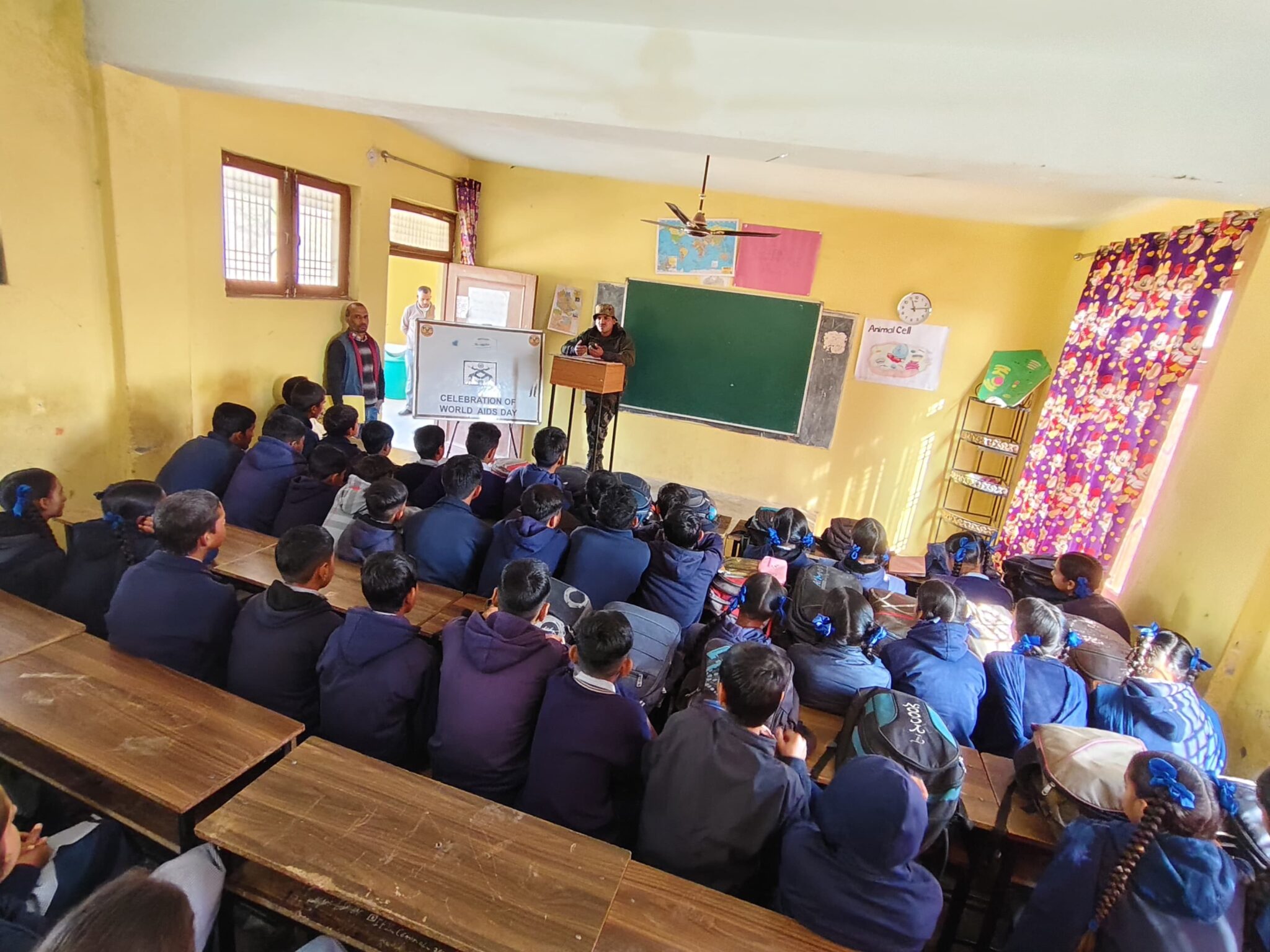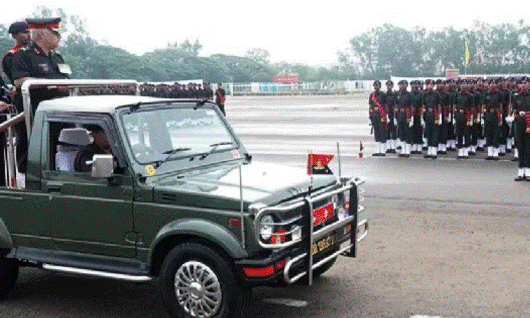Think Tank Warns US Military of Security Risks from Chinese-Made LiDAR Sensors
A recent report from the Foundation for Defense of Democracies (FDD) has raised significant alarms over the security implications of…
Defence Acquisition Council Approves ₹21,772 Crore for Major Defence Projects Enhancing Naval and Air Force Capabilities
In a notable development aimed at bolstering India’s defense capabilities, the Defence Acquisition Council (DAC), led by Defence Minister Rajnath…
China Denounces U.S. Missile System in the Philippines Amid Rising Tensions
MANILA, Philippines — The ongoing tension between China and the Philippines has escalated following China's renewed condemnation of the U.S.…
Rheinmetall Acquires Loc Performance Products for $950 Million to Strengthen US Defense Presence
Rheinmetall is significantly expanding its presence in the United States through the acquisition of Michigan-based vehicle manufacturer Loc Performance Products,…
Indian Army Commemorates World AIDS Day with Awareness Lecture in Rajouri
On December 3, 2024, the Indian Army commemorated World AIDS Day by hosting an educational lecture at Government High School…
Over 2,600 Agniveers Pass Out at Ceremony in Hyderabad, Joining Indian Army’s Artillery Regiment
The fourth set of Agniveers officially completed their training in a grand passing out ceremony held at the Artillery Centre…






